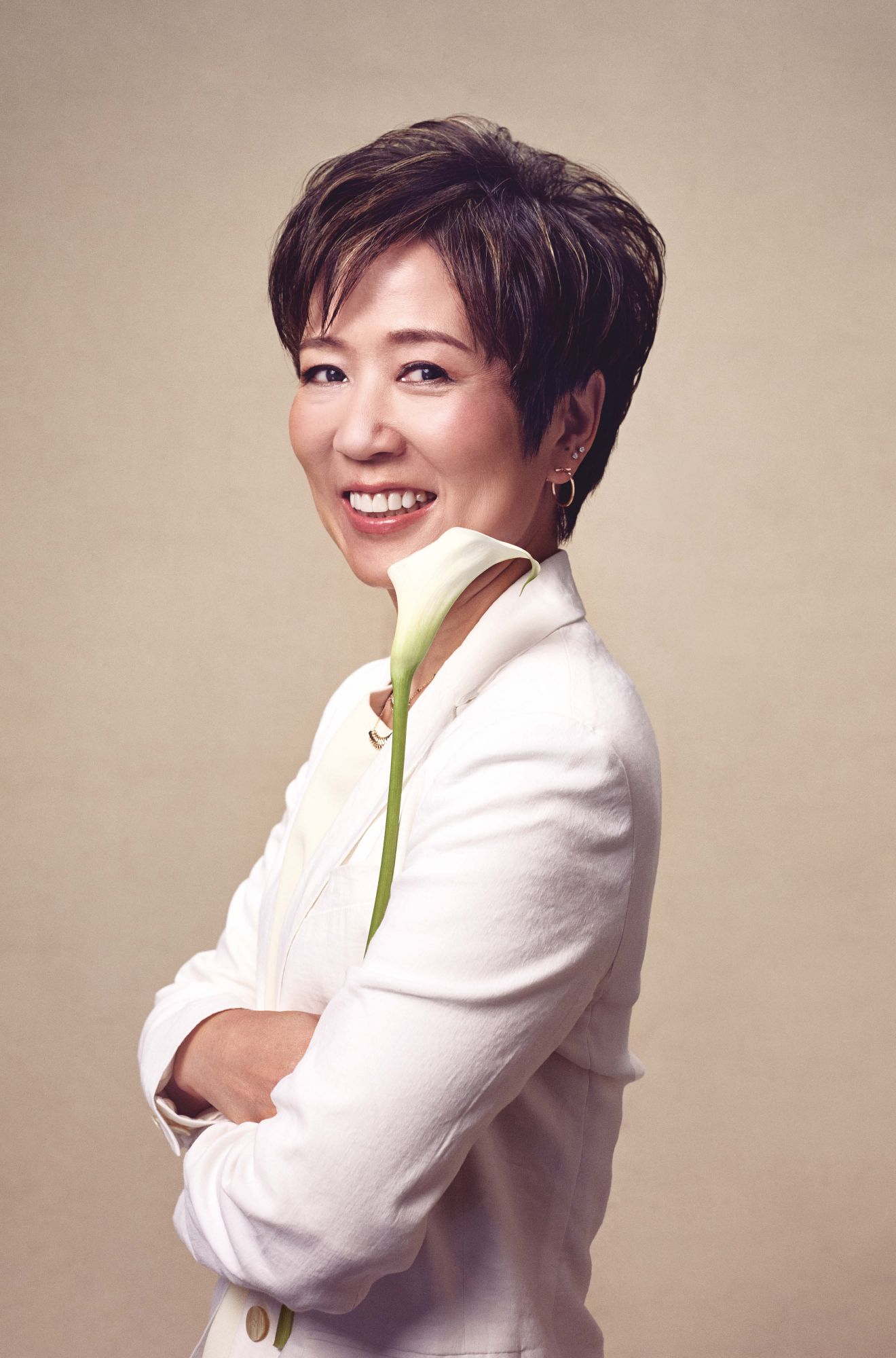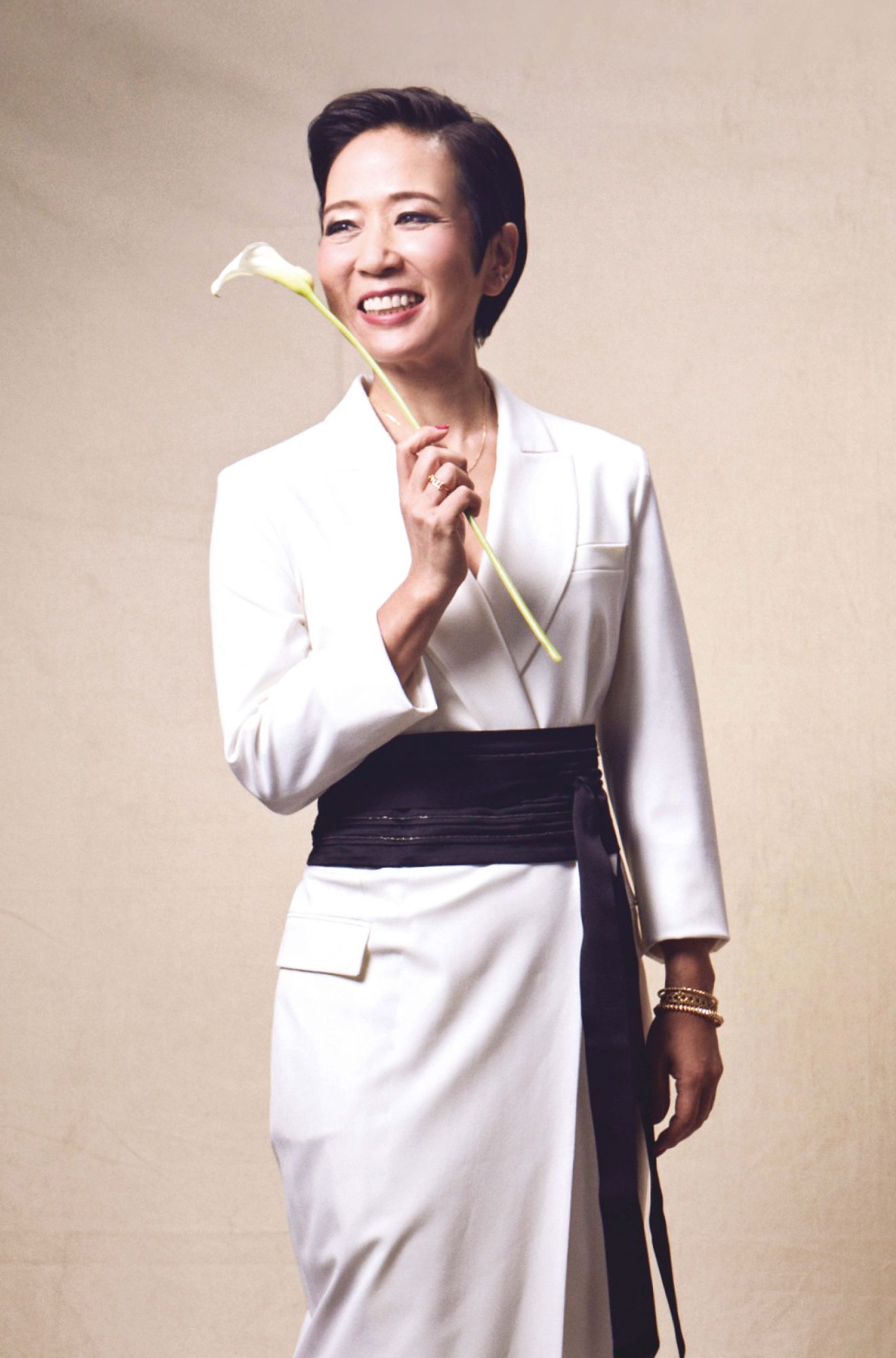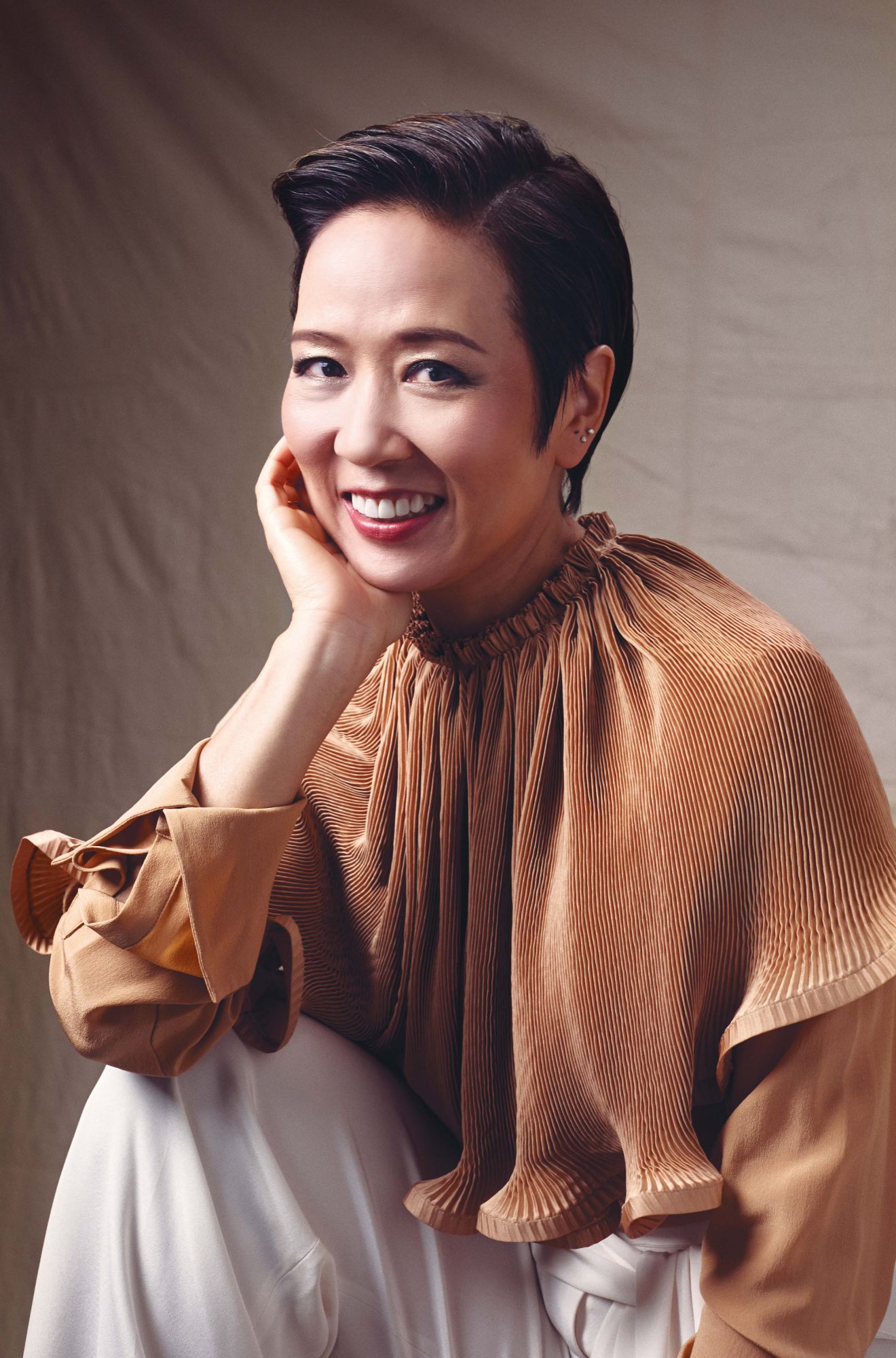Novetex chairman Ronna Chao is pioneering a waterless upcycling process to help alleviate overproduction in the fashion industry. Here, she talks about how family and education have shaped her core personal and corporate values
Ronna Chao’s passion for conservation and environmentalism comes naturally. The chairman of Novetex Textiles—as well as CEO of Novel Investment Partners, director of Novelpark Investments, and CEO of the Bai Xian Asia Institute, an organisation founded by her father, Ronald Chao, to foster cross-cultural educational exchange among students in East Asia—grew up in Hong Kong in the early 1970s, a decade before the city’s mall boom deposited a spate of luxury shopping and entertainment monoliths across the skyline.

Family influence
“I think my passion and my interest in environmentalism comes from the fact that things have really changed,” Ronna tells Tatler. “We didn’t grow up with it. When we were little, we didn’t have so much—and we didn’t throw things away. Conservation—and recycling—wasn’t a conscious thing, because it happened naturally.
“If you think about it, there were no malls. We went to Ocean Terminal, which is now Harbour City, and there were individual shops. What we’d shop for were books, and we were allowed to get one—it was never like, ‘You can buy 10 books.’ And I remember a major treat; when we were in our early teens my dad took us to a record shop and maybe once every two months we would each be able to choose a vinyl. Things were very precious and you would reuse them, reuse them, reuse them.”




